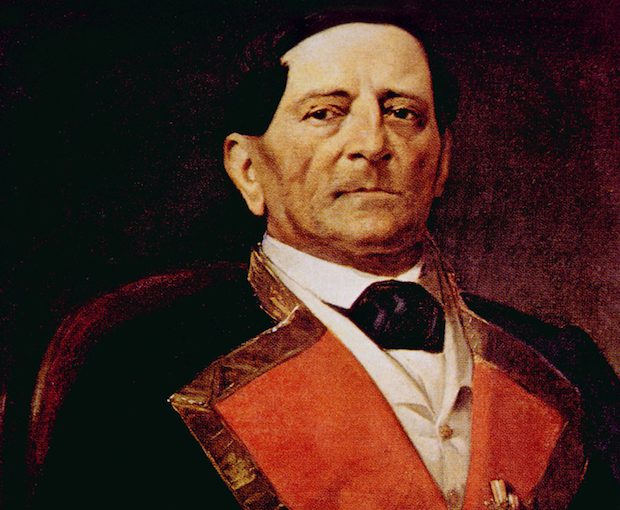Identity Politics Are Inevitable

Alasdair MacIntyre says that a person can’t know what to do until they know of which story they are a part. In that sense, says Ross Douthat, there’s no getting around politics and identity. Excerpts:
Our founders built a new order atop specifically European intellectual traditions. Our immigrants joined a settler culture, Anglo-Saxon and Protestant, that demanded assimilation to its norms. Our crisis of the house divided was a Christian civil war. Our great national drama was a westward expansion that conquered a native population rather than coexisting with it.
That was the old myth, but it became outdated in recent decades because it didn’t tell the whole story. That is to say, we became aware that this account excluded the experiences and cultural memories of too many Americans. So the national myth-narrative began to change. Yet for Trump supporters, Douthat contends, the old myth worked just fine, and they’re fighting to hold on to it. More:
But so far we haven’t found a way to correct the story while honoring its full sweep — including all the white-male-Protestant-European protagonists to whom, for all their sins, we owe so much of our inheritance.
Instead liberalism, under pressure from the left, has become steadily more anxious about its political and cultural progenitors, with Woodrow Wilson joining Jackson and Jefferson in the dock. Meanwhile the right’s narrative has become steadily more exclusionary — religious-conservative outreach to Muslims has given way to Islamophobia, racial optimism has been replaced by white resentment.
Maybe no unifying story is really possible. Maybe the gap between a heroic founders-and-settlers narrative and the truth about what befell blacks and Indians and others cannot be adequately bridged.
But any leader who wants to bury Trumpism (as opposed to just beating Trump) would need to reach for one — for a story about who we are and were, not just what we’re not, that the people who still believe in yesterday’s American story can recognize as their own.
Read the whole thing. This is a really fascinating point. I’ve told the story in this space before about going to visit a school in a very poor part of Dallas, and hearing a fourth grade Latino boy, the son of immigrants, give an oral report on his hero. His report was on Santa Anna — the great villain in the founding myth of Texas! This kid wasn’t trying to be provocative or anything. He was just a kid. Santa Anna is a heroic figure to him. I don’t know how that gap gets bridged, to be honest, unless it’s by all Texans coming to believe that they don’t need a founding myth to live by. That doesn’t seem likely. All humans live by narrative myths, whether they think they do or not.
I think it is possible to achieve what Douthat says we need to achieve. For instance, I think it is possible for a white Southerner to look upon the history of Southern whites in the 19th century and be proud of their virtues, while at the same time deploring the vice of slavery. I think it’s possible to look also to the Civil Rights marchers as men and women of virtue who are also Southerners, and who played a laudable role in the tragic history of white Southerners. But this is hard to do, and I don’t think most people can pull it off. Irony and tragedy make history complicated. Who we think we are today depends on who we think we were yesterday. Most people, being people, want the story to be neat and clean, when history rarely is that.
One general rule is for certain: we will never get anywhere good if Progress requires a certain group of people to hate their fathers. To be appropriately critical is one thing, but to hate them is quite another.
Any ideas for an updated American national narrative that can bridge the divide Douthat talks about?
Subscribe for as little as $5/mo to start commenting on Rod’s blog.